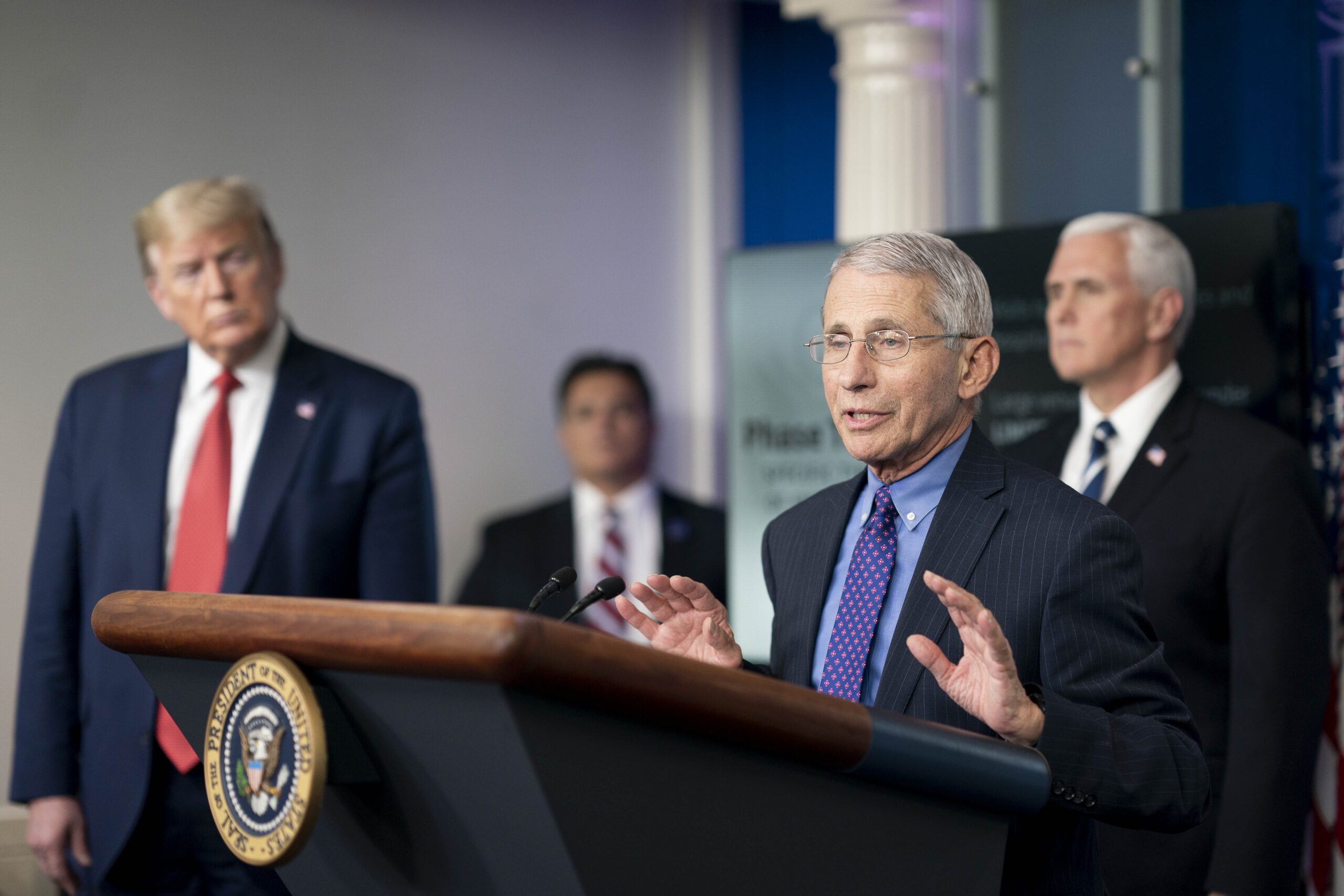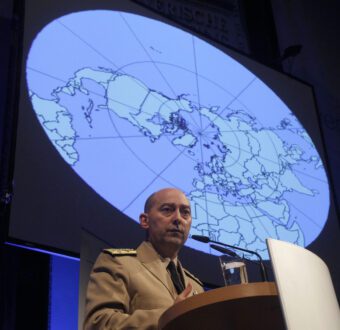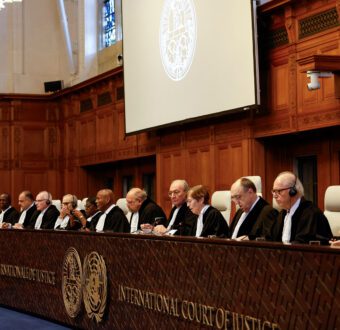After the Coronavirus, Don’t Repeat 9/11’s Mistakes

Americans are still living with the botched response to terrorism in 2001. The post-pandemic world needs better.
By Brett Rosenberg and Mark Hannah
This article appeared in Foreign Policy on April 29, 2020. It includes references to the Eurasia Group Foundation, now known as the Institute for Global Affairs.
America last overhauled its national security paradigm in the wake of 9/11. In the months and years that followed the attacks, government officials attempted to eradicate the threat of terrorism, fundamentally transforming both domestic and international policy for the worse. Nearly 20 years later, Americans still live with the consequences of those choices, from unending warfare to increasing global instability to ever diminishing US influence.
The destruction caused by COVID-19 could, and should, force the United States finally to move out of 9/11’s shadow. Worryingly, however, Washington’s early choices in responding to the novel coronavirus echo many of the overreaching policies of the post-9/11 era.
But policy responses are not foreordained. A global war on terrorism wasn’t an inevitable consequence of the 9/11 attacks, and the coronavirus response has just begun. If this is truly to become the closing salvo to the post-9/11 era, and the start of a new security paradigm, policymakers must remember the lessons of the chapter they wish to close so they do not repeat them.
Americans are acutely aware of the post-9/11 abuses committed in the name of keeping them safe. Public weariness with U.S. foreign policy’s indefinite pursuit of indeterminate goals crosses party lines and spans generational divides. The veterans who experienced the consequences of adventurism firsthand are turning against it too; a majority now wish the United States were less engaged in military conflicts overseas.
…
Read more of this article in Foreign Policy

Written by Mark Hannah
Mark is a senior fellow with the Independent America project at the Institute for Global Affairs and the host of IGA’s podcast, None Of The Above.

Written by Brett Rosenberg
Brett is the former associate director of policy at National Security Action.
Read more from Mark
This post is part of Independent America, a research project led out by IGA senior fellow Mark Hannah, which seeks to explore how US foreign policy could better be tailored to new global realities and to the preferences of American voters.













